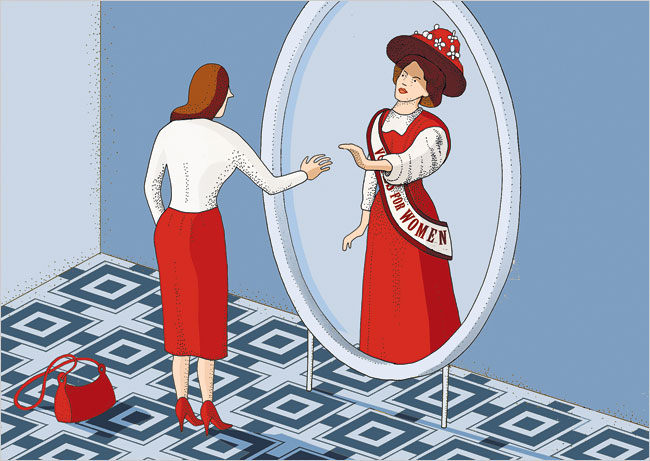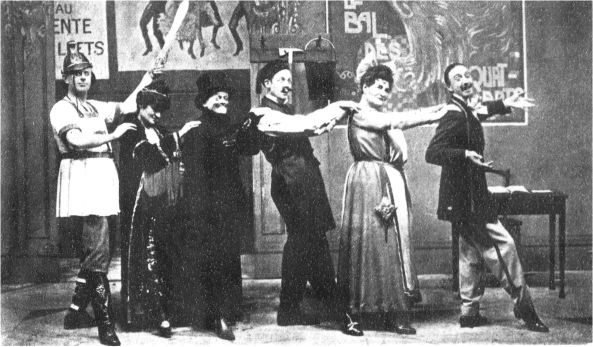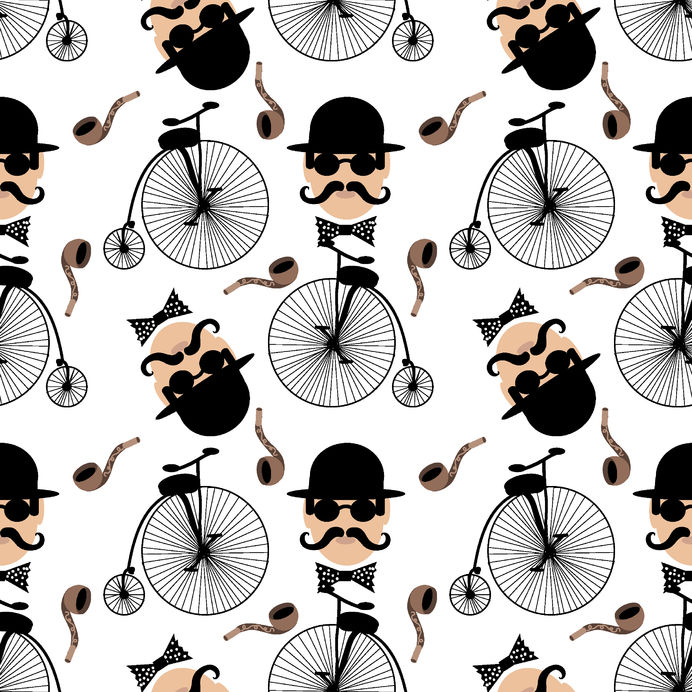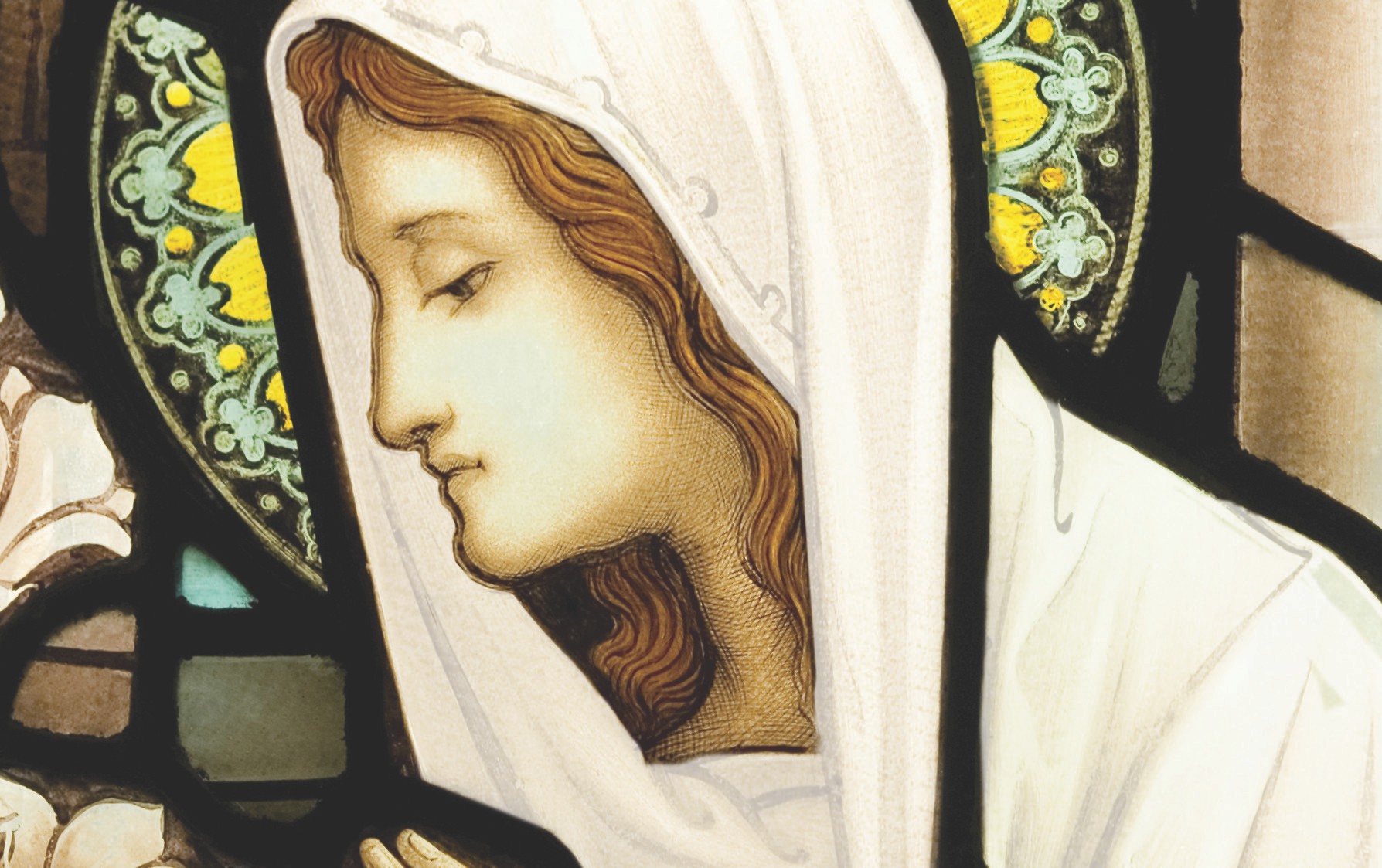[Publication] Feminism’s Family Drama: Female Genealogies, Feminist Historiography, & Kate Walbert’s A Short History of Women
I’m really pleased that my article about feminist history and mother-daughter relationships is out now in Feminist Theory and available to read for free as an “online first” publication. Below you can find the full reference for the print version of this piece, and the page on which you can access the full-text article.
Read More »















